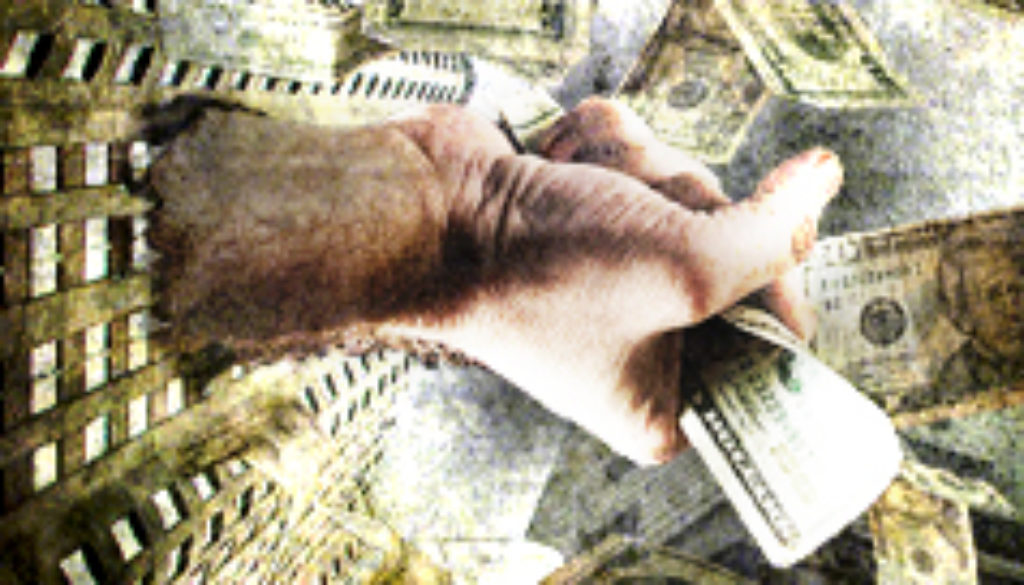Banks Made Over $30 Billion From Overdraft Fees in 2016
By Maureen Mahoney, Consumers Union
Overdraft fees are a real money-maker for banks. According to the Wall Street Journal, overdraft revenue is up 2.5% to $33 billion since 2015. Overall, in 2016, the top 10 biggest banks made $7.5 billion. These fees are costly for consumers. The Consumer Financial Protection Bureau (CFPB) has compared overdraft to a short-term loan with a 17,000% APR!
We frequently hear from consumers who have been hit by unfair fees. Overdraft fees take money away from those who need it most, and many consumers don’t even know they’re racking up these fees until it’s too late. Too many banks engage in practices that aren’t well-disclosed, like reordering your day’s purchases so you end up with multiple overdrafts – even if it was only your last purchase of the day that caused the overdraft of your account. A consumer named Gabriela from St. Louis, MO wrote us:
I am a single mother who works two jobs, is working on my masters and doesn’t receive child support. My family network is from Mexico, so we don’t have a lot of money. I am doing all of this on my own. My bank cashes the largest item first and deliberately causes my checking account to overdraft so they can charge me more in overdraft fees. The most recent situation was when my rent check was sent to be cashed a month after it was written. I had several small debit transactions out for less than $5. Had those debit transactions been paid first, I would have avoided all NSF fees as I most likely would have only been over by a few cents if anything. Instead, the bank cashed the check first and automatically imposed a NSF fee causing several other of the smaller debits to overdraw. So, now I am paying over $100 for being less than $20 over. All this does is keep me from being able to pay my other bills and put food on the table for my son. Without these fees, I would be able to save some money so I could avoid this from happening, but I can’t. It makes my stomach hurt knowing that I am simply being punished for being poor, when I desperately need help.
Thanks to rules implemented in 2010, unless the customer has opted into overdraft fees, overdrafted debit purchases and ATM withdrawals must simply be declined. Click here for Consumer Reports’ tips for avoiding overdrafts.
Despite that, overdraft revenues are rising. The CFPB, the consumer watchdog agency, is using its enforcement authority to help protect consumers from unfair fees. In recent months, it took action against TCF Bank and Santander Bank for allegedly tricking customers into signing up for overdraft fees. In some cases, according to the CFPB, Santander signed consumers up for overdraft fees without their consent.
Clearly, consumers need a strong cop on the beat to protect them from predatory practices by banks. The CFPB has done good work on overdraft, but its director, Richard Cordray, and the agency’s very existence have been under attack by banking interests and their friends in Congress. You can help us fight back by signing this petition to defend the CFPB.
We’d also like to hear about your experiences in the financial marketplace. Have you been charged excessive or unfair overdraft fees? Have you contacted the CFPB for help or have you filed a complaint with the CFPB? Please share your story!

